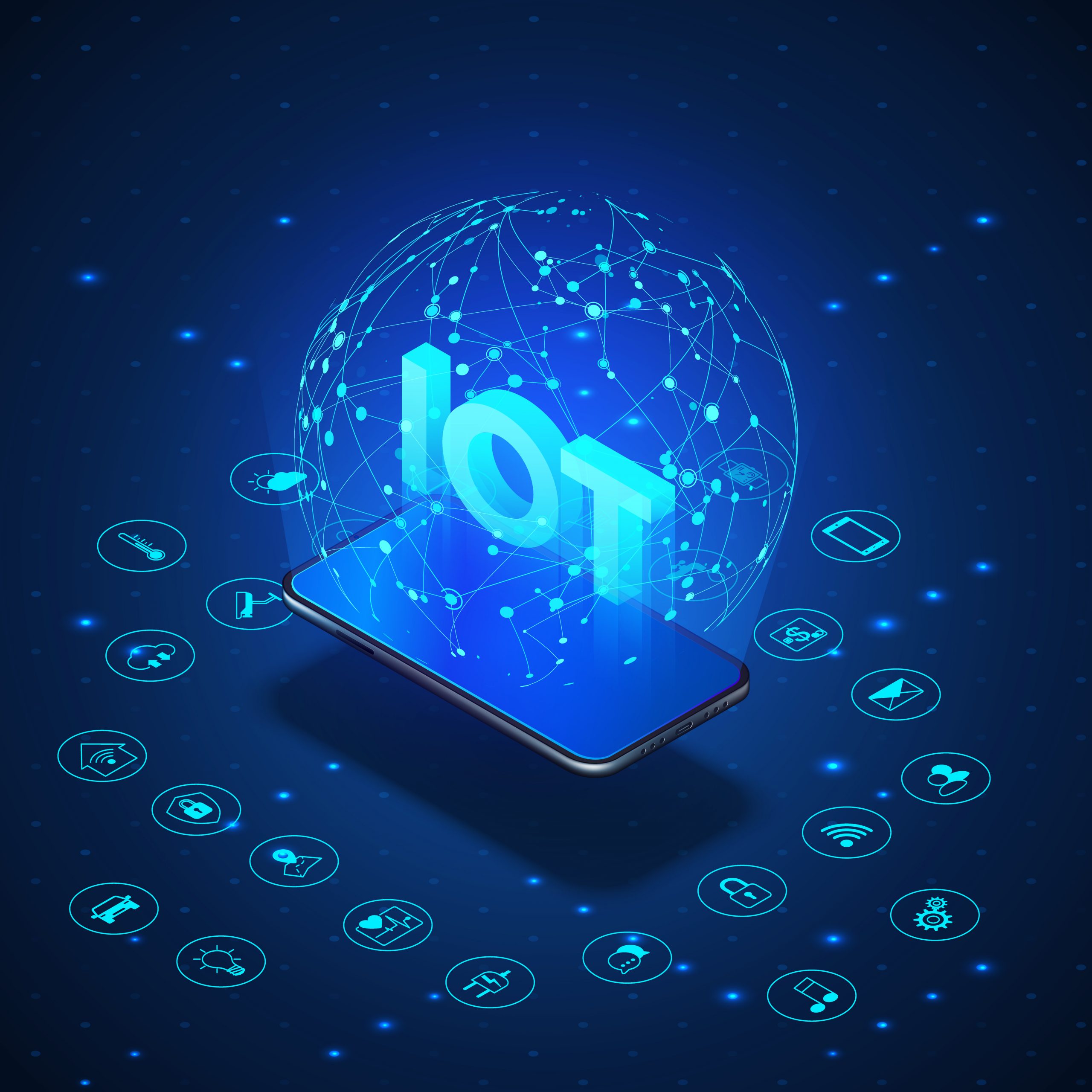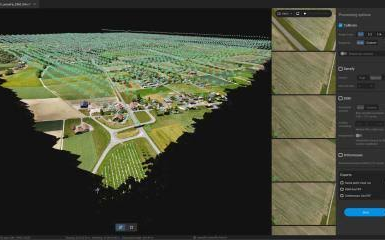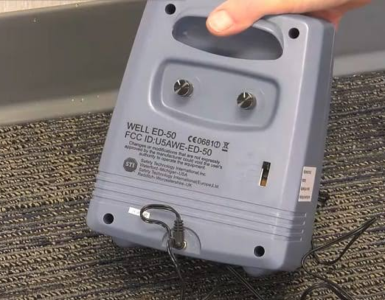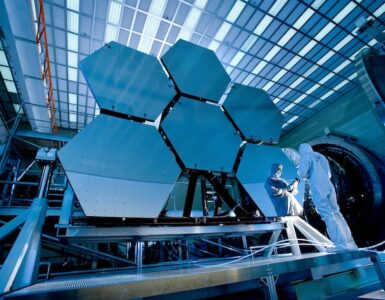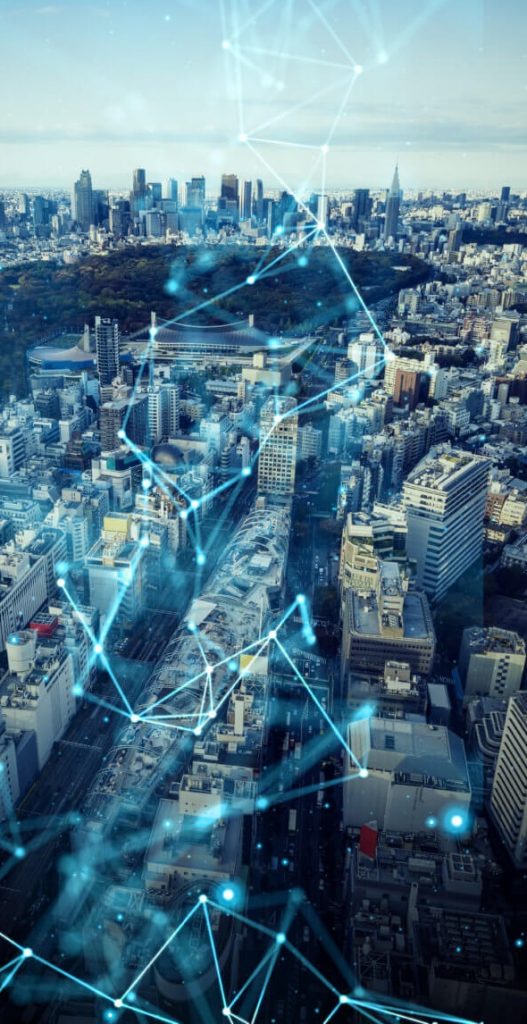The Internet of Things (IoT) revolves around the billions of devices the world over that are connected to the internet, where all are gathering and sharing data. The sporadic expansion of the IoT world can be attributed to the cheap and readily available computer chips and the increase of wireless network access, enabling the transformation of the small devices as a pill to the large devices such as airplanes as part of the IoT.
Linking up all such different devices and including sensors within them enables them to have digital intelligence to devices that would otherwise have been dumb; this allows them to transmit real-time data without involving human beings. The IoT is smartening the very fabric of our world and increasing its responsiveness, eventually binding together the digital and the physical worlds.
What is An Example of An IoT Device?
Any physical object can be turned into an IoT device if it can be connected to the internet to allow remote controlling and transmission of information. For instance, a lightbulb, as an IoT device, can be switched on and off using a smartphone; the same case goes for connected street lights or motion sensors or a smart thermostat in your office.
An IoT component can be as fluffy as a child’s toy or as large as an autonomous truck. Other larger IoT objects may themselves be stuffed with several smaller IoT components, such as the jet engine, which is stuffed with thousands of sensors gathering and communicating data back to ensure the efficient functioning of the engine. On an even larger scale, the advent of smart cities has seen some cities filling entire areas with sensors to assist in environmental control.
Why is Data Sharing Necessary in the IoT space?
It has been argued that since a device can be connected to the internet doesn’t mean it has to, yet each device gathers data for a particular purpose that may be important to a buyer and affect the larger economy.
In industrial applications, sensors on the product lines assist in increasing efficiency and limiting waste. According to a study, about 35 percent of all US manufacturers are using data created by smart sensors within their setups.
IoT provides an opportunity of increasing efficiency in doing things which saves us time, money, and even emissions in that process. It enables the government, public authorities, or companies to rethink how they produce goods and deliver services. The scope and quality of data across the IoT spectrum create an opportunity for more contextualized and responsive interactions with devices to create possibilities for change.
How Big is The IoT World?
There are already more connected devices than people in the world. The IDC, a tech analyst institution, foresees a growth in the number of connected IoT devices to 41.6 billion by 2025. It also implies that automotive and industrial equipment have the largest share of opportunities in the IoT space; however, it also predicts a high adoption of smart home and wearable devices within the near future.
Gartner, another tech analyst, implies that utilities will account for the highest number of IoT users attributed to the continued distribution of small meters. Security apparatus such as web cameras and intruder detection will be the second-largest use of IoT devices.
How Can Businesses Benefit From IoT?
Businesses can benefit from IoT depending on the specific implementation, where efficiency and agility are usually the major considerations. It is based on the idea that enterprises should have increased access to data about their products and their own internal systems and eventually have increased ability to make changes as they please.
Manufacturers include sensors in their products so as to receive data on the performance of their products. This allows companies to identify when a component has a likelihood of failing and thus take prompt action such as swapping before damage occurs. Data generated by the sensors can be used to increase the efficiency of their systems and supply chains due to the availability of accurate data on the market situation.
How Can Consumers Benefit From IoT?
IoT promises a world where our vehicles, homes, and offices will be smarter and more measurable. Smart speakers such as Google Home and Amazon’s Echo have made it easier to get information, set timers, and even play music. Home security systems enable the easier monitoring of activities happening in and out of the house or talking to visitors. At the same time, smart thermostats assist us in heating our homes even before we are back, and smart light bulbs make it look like someone is at home even when no one is around.
Aside from home, sensors assist us in understanding how polluted or noisy our environment might be. Autonomous cars and smart cities could transform how we build and manage our public spaces.
What is The Future of IoT?
IoT is still in its infancy, and this can be confirmed by those who have bought one of the various smart home devices such as switches, lightbulbs, and motion sensors. Products do not usually link easily with each other, and there are high-security issues that are yet to be addressed.
Samsung stressed the critical need to secure each connected device by the end of 2020. In its Open Economy report, Samsung highlighted the open danger posed by technology and that it was necessary to secure the 7.3 billion IoT devices in use.
We are faced with a future where companies will take part in digital Darwinism through the use of IoT, machine learning, and artificial intelligence to quickly evolve in ways unseen before.
In 2016, IoT botnets generated through a network of expired devices disabled large websites and services. Later, a Chinese company recalled 4..3 million unsecured connected cameras. The ease of disabling the internet was demonstrated when rather than malicious intent, the botnet was found to have been created to game Minecraft.

